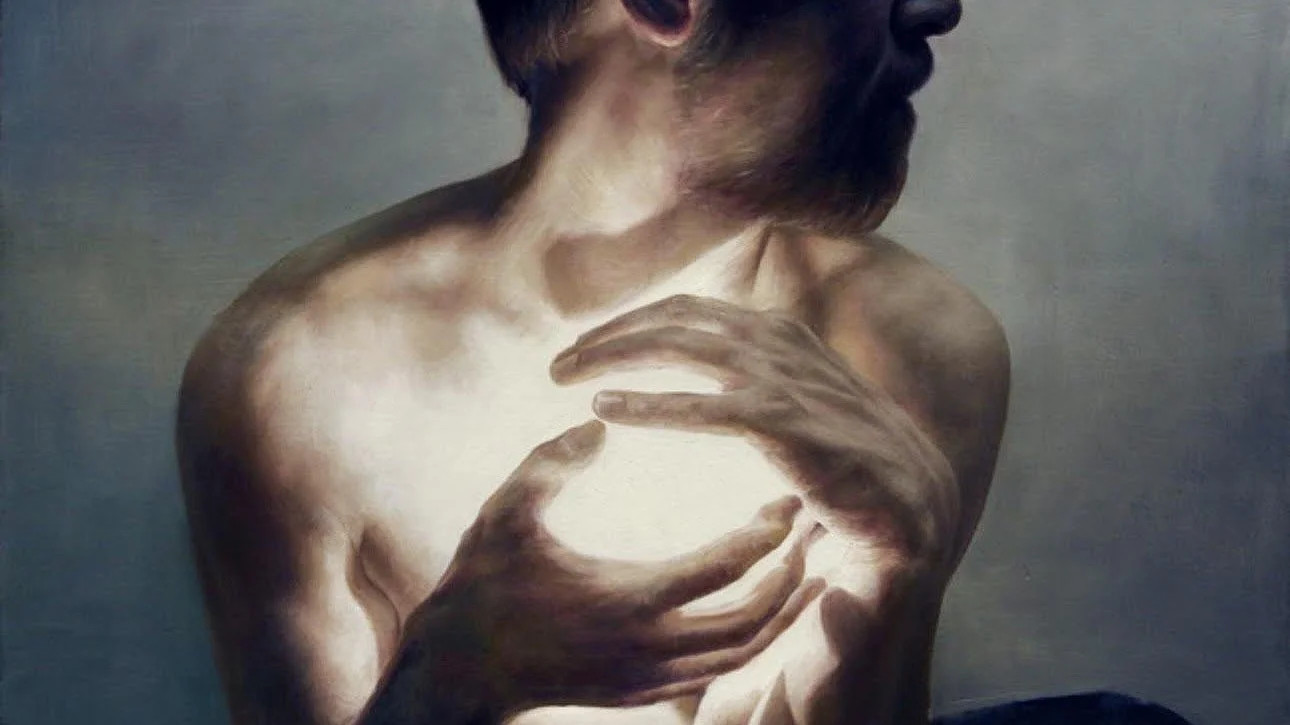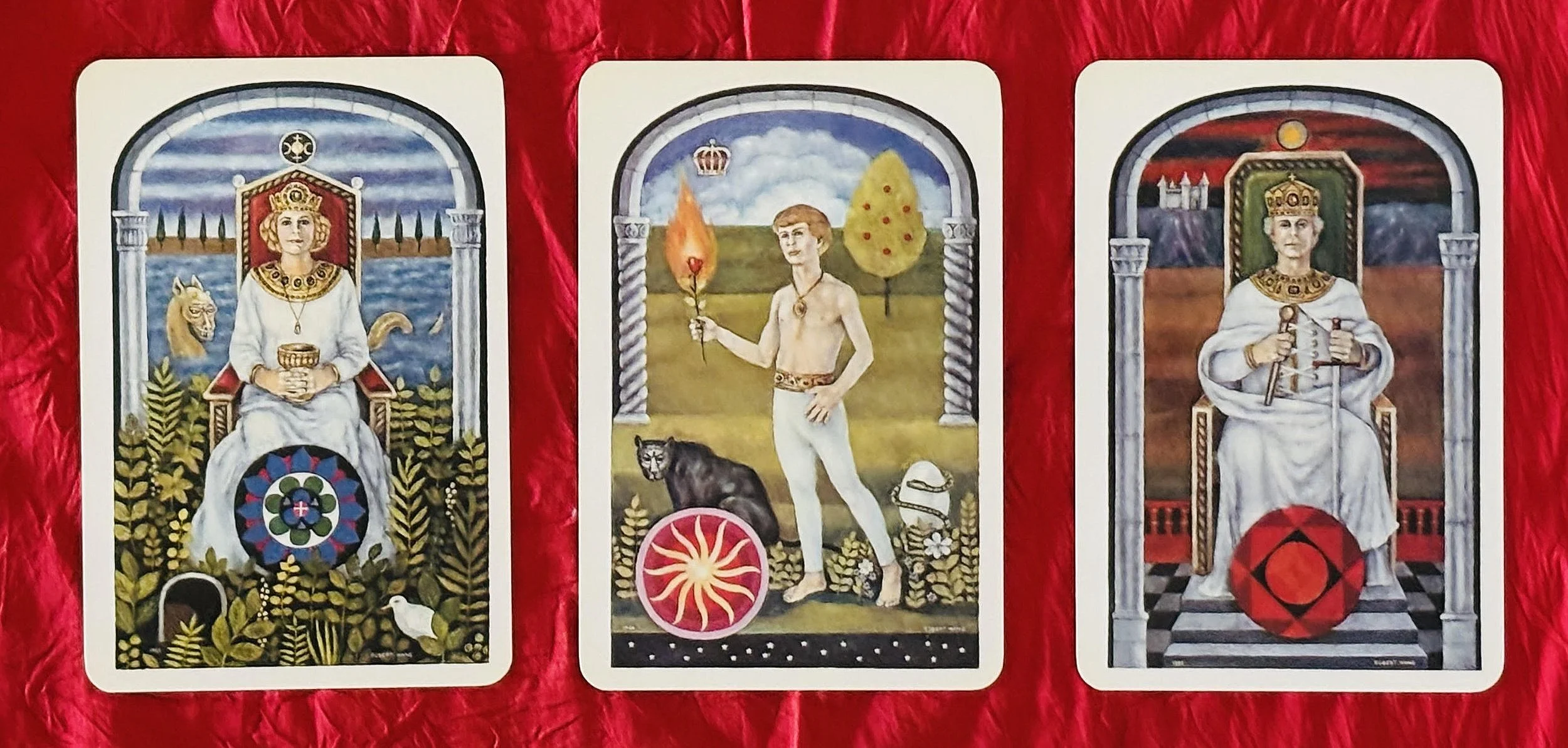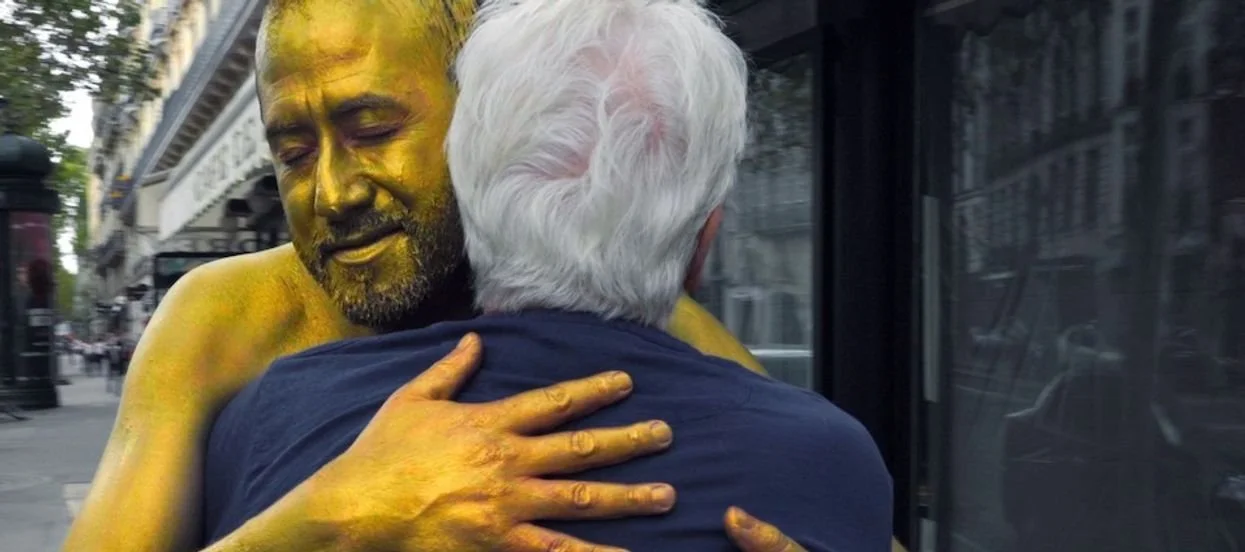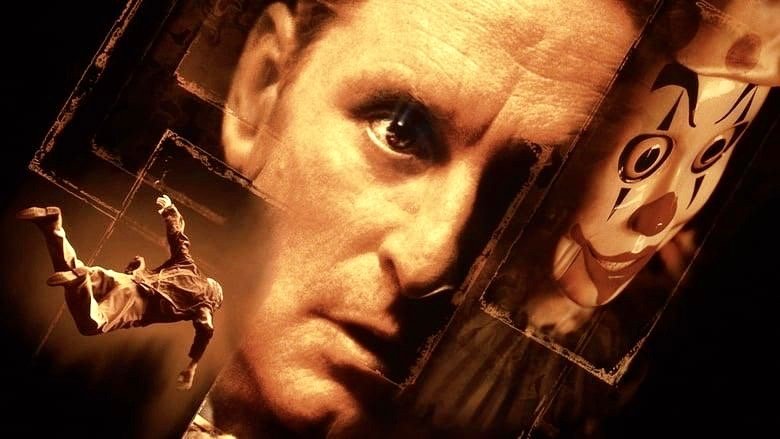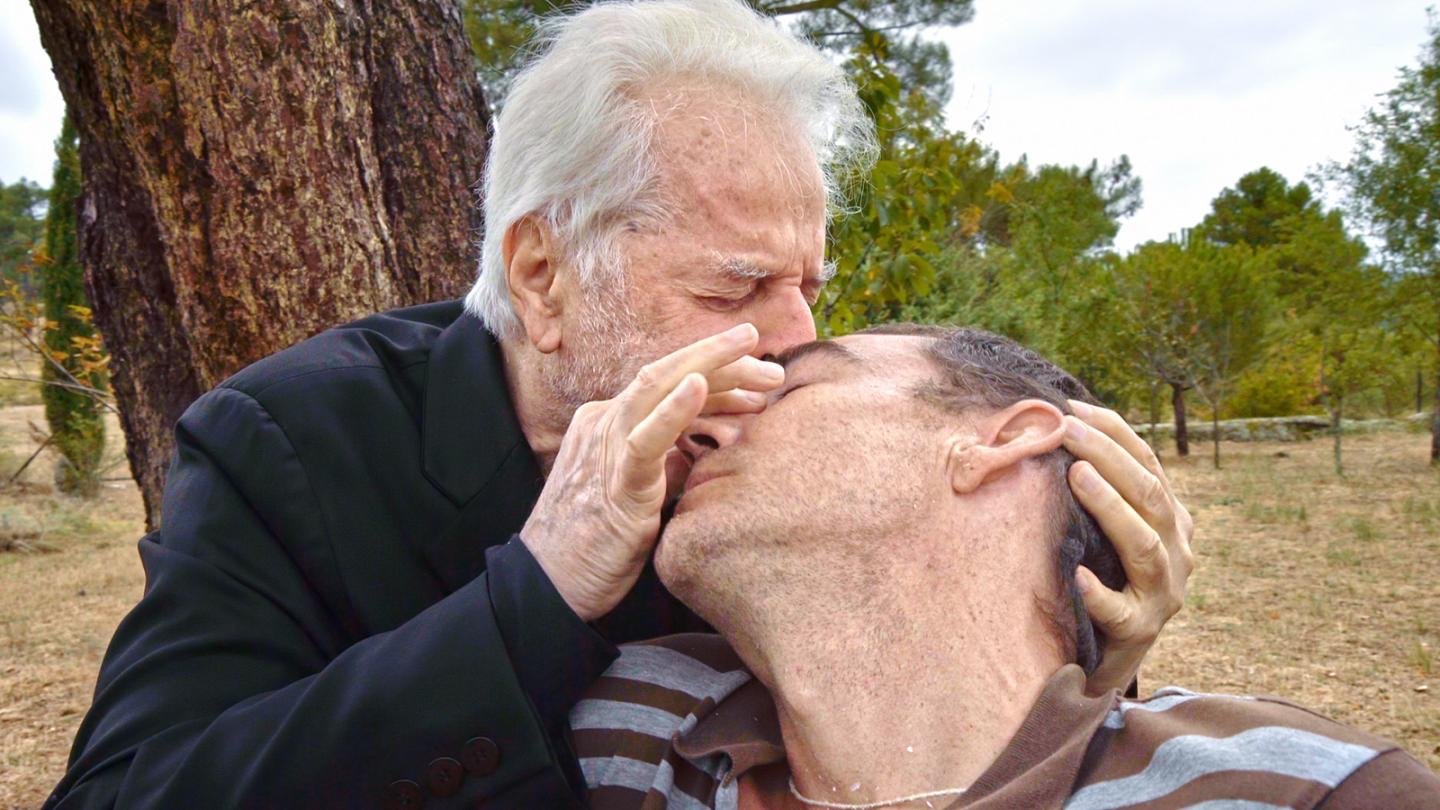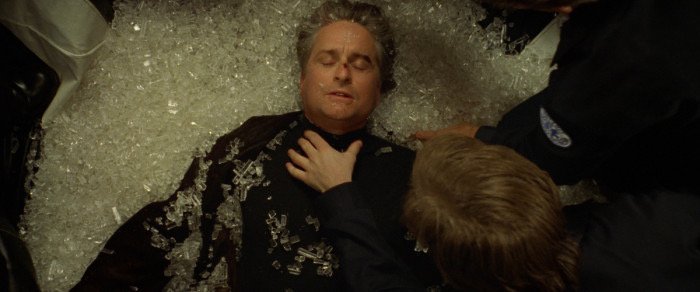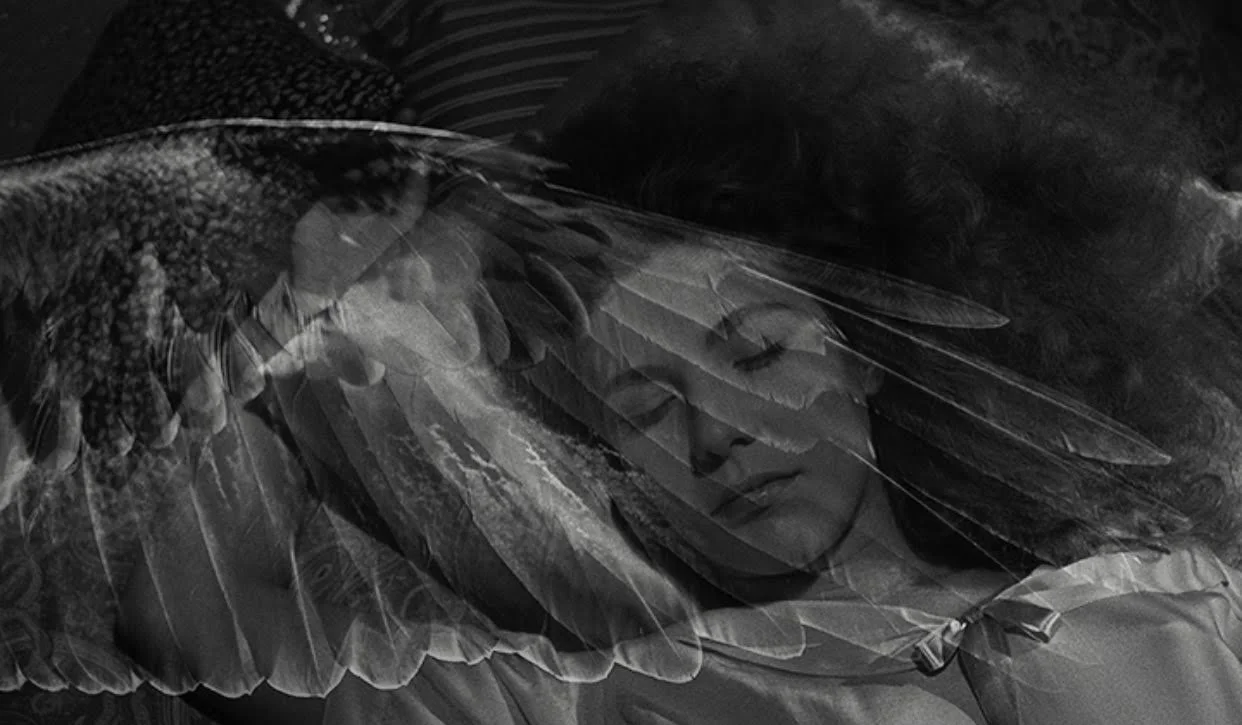One of the most powerful aspects of healing is learning how to recognize—and restore—the balance of our inner dual nature.
Carl Jung referred to this as the union of the anima and animus, the feminine and masculine energies within each of us. These inner archetypes act like guiding forces, shaping how we give and receive love, relate to the world, and cultivate a sense of wholeness. I often refer to this same dynamic as the inner mother and father.
Whenever imbalance exists between these two forces—whether from neglect, trauma, or inherited patterns—we feel the effects in both our inner and outer lives. Our relationships often mirror these distortions. Our self-talk becomes critical or avoidant. And our ability to navigate life with confidence and trust gets stunted.
In my work with clients, I've noticed a recurring truth: these internal imbalances often originate with our actual mother or father. Whether they abandoned us—literally or symbolically—or simply didn’t know how to meet our emotional needs due to their own unhealed wounds, we unconsciously absorb those patterns. Unless conscious work is done to reclaim and reparent ourselves, we may go through life feeling like something is missing or misaligned—like we've always been trying to find our way back to something unnamed.
As children, we look up to our parents as protectors, providers, and first teachers. But many of the lessons they passed down were subconscious, inherited from their own wounding. And much to my clients’ surprise and sometimes grief, I often share this truth: they were meant to fail you in certain ways—not as punishment, but because these very wounds are the lessons you came into this life to transform.
Once we can see the blueprint of our experience clearly, we must take the next brave step: conscious inner work.
This means establishing a dialogue with the spiritual mother and father within us. It means tending to the neglected inner child who still longs for protection, structure, and unconditional love. And yes, it takes courage. But once that dialogue begins, something incredible happens: the parts of our lives that once felt stuck, fearful, or shut down begin to soften. We start to feel guided rather than misguided. And we begin to live from a place of inner trust, rather than inherited fear.
In the Tarot, this divine inner trinity is expressed clearly through archetype:
The Empress (the divine mother) nurtures, comforts, and offers receptivity.
The Emperor (the divine father) brings structure, protection, and encourages bold action.
And by extension, the inner child—that part of us that seeks to be seen, supported, and expressed.
This child is best represented by The Fool—Tarot card “0”, the number of infinite potential. The “0” is symbolic of the Orphic Egg, the cosmic womb from which all life emerges. The Fool archetype represents new beginnings, unshaped by past fear. It’s the pure expression of curiosity, trust, and divine potential. A healed inner child embodies these same qualities—creative, alive, and connected to the present moment.
When the Empress and Emperor energies are balanced within us, the inner child doesn’t have to fend for themselves anymore. Instead, they feel held, and can safely emerge as the spark of life they were always meant to be.
The Jungian Tarot: The Mother, Child, and Father Archetypes Within
And this brings us to the power of 3.
Across spiritual, religious, and psychological traditions, the number 3 holds deep symbolic significance. It represents wholeness—the sacred union of two opposites birthing a third, unified force. We see this in the Holy Trinity, in Jungian individuation, in the triad of body-mind-spirit, and in the family archetype of mother-father-child. When these three aspects within us are brought into harmony—not dominance—life begins to reflect a deeper alignment. This is the foundation of true healing and transformation.
Unfortunately, this kind of inner work was never taught to us growing up. Many of us were raised in environments that honored outer achievement more than inner harmony. But the beauty is: you can begin now.
Journaling can be an excellent way to initiate this inner dialogue—with the divine mother, father, and child. You can also meditate on the Empress, Emperor, and Fool cards, reflecting on what each of these energies might be trying to teach you. What does your inner mother want you to hear today? How might your inner father offer you strength? What does your inner child long to express, now that they are finally safe?
Above all, remember: you are the sacred container for this reunion. You are the one who can unify the pieces. You are the one who can give yourself the love, protection, and guidance you may have never received—but always deserved.
And the best time to begin?
Now.
Because time is the one precious thing we never get back.
Until next time,
Be well


